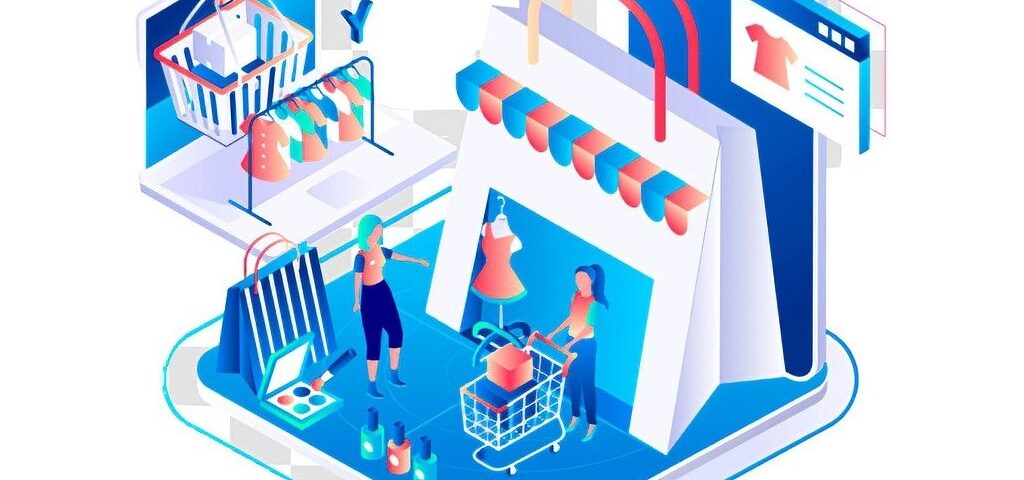
Unlocking the Future: Emerging Trends in Artificial Intelligence (AI), Machine Learning (ML), and Deep Learning (DL)
November 26, 2024
Finding the Next Steve Jobs: A Guide to Building Creative and Innovative Teams
November 28, 2024In today’s fast-paced digital landscape, AI-powered personalization in e-commerce is redefining how brands engage customers. With rising consumer expectations for tailored experiences, artificial intelligence has become essential for creating immersive, customer-centric shopping journeys that drive satisfaction, loyalty, and conversions.
The Essence of Personalization
Personalization is no longer a luxury—it’s a necessity. Every customer is unique, and AI makes it possible to identify their preferences by analyzing browsing history, purchase behavior, and even social media interactions.
As a result, e-commerce platforms can move beyond generic recommendations. AI predicts what customers truly want, delivering hyper-relevant product suggestions and dynamic content. This proactive engagement keeps users invested and deepens their connection to the brand.
Improving Customer Satisfaction
The “paradox of choice” is real: too many options often overwhelm shoppers. Fortunately, AI-powered personalization in e-commerce helps simplify decisions.
For example, someone shopping for a smartphone will receive suggestions tailored to their desired price, features, and brand preferences. This frictionless experience builds trust and satisfaction by saving time and reducing cognitive load.
Increasing Conversion Rates
AI enables smarter engagement at the perfect moment. Whether it’s personalized product recommendations, abandoned cart reminders, or exclusive discounts via email, these AI-driven tactics nudge shoppers toward completing purchases.
A well-timed message—like an email featuring products they browsed plus a special offer—can significantly boost conversion rates and reduce cart abandonment.
Addressing Challenges and Ethical Concerns
While AI unlocks powerful capabilities, it also demands responsibility. E-commerce businesses must prioritize data privacy, remain transparent, and comply with regulations like GDPR.
Additionally, minimizing algorithmic bias ensures that personalization is fair and inclusive for all users, regardless of background or behavior patterns.
Building Loyalty Through Personalization
Personalization isn’t just about conversions—it’s about connection. When shoppers feel understood, they’re more likely to return and become loyal advocates.
Meaningful, AI-driven interactions create emotional bonds. Over time, this sense of care turns casual buyers into long-term brand champions who share their positive experiences with others.
The Future of AI in E-Commerce
We’re only scratching the surface of what’s possible. As AI tools evolve, hyper-personalization will become the norm. E-commerce platforms that embrace these technologies will stay ahead of customer needs in ways that were once unimaginable.
Ultimately, AI-powered personalization in e-commerce is more than a trend—it’s a transformation. Businesses that adopt these solutions today are laying the foundation for a future of better experiences, stronger relationships, and ethical innovation.
References:
Ltifi, M. (Ed.). (2024). Advances in Digital Marketing in the Era of Artificial Intelligence: Case Studies and Data Analysis for Business Problem Solving (1st ed.). CRC Press. https://doi.org/10.1201/9781003450443.







